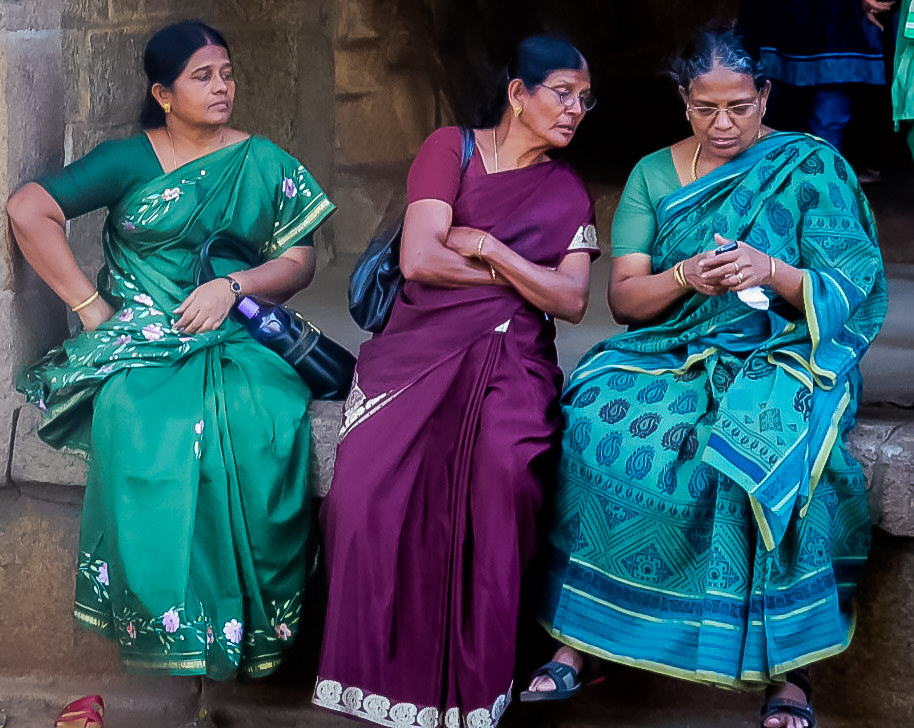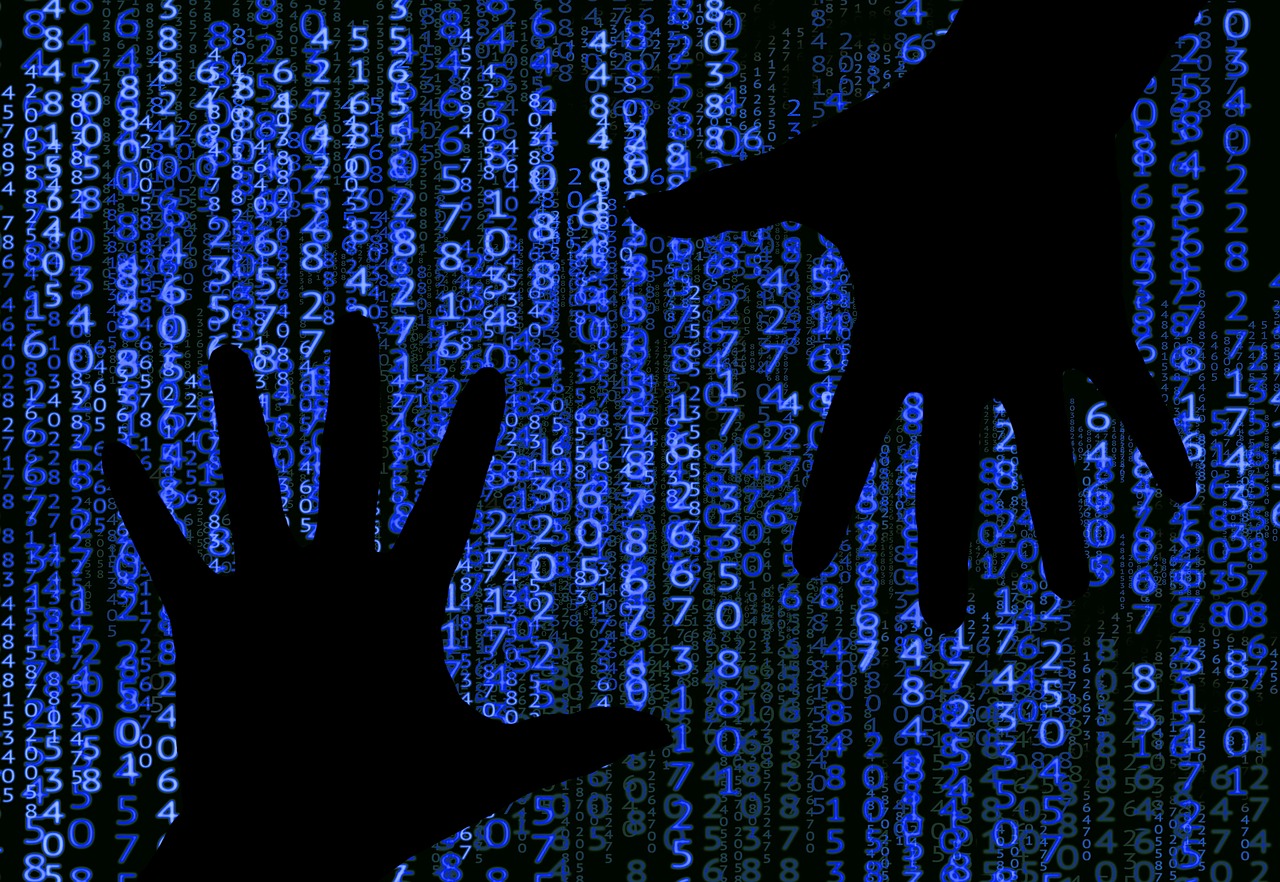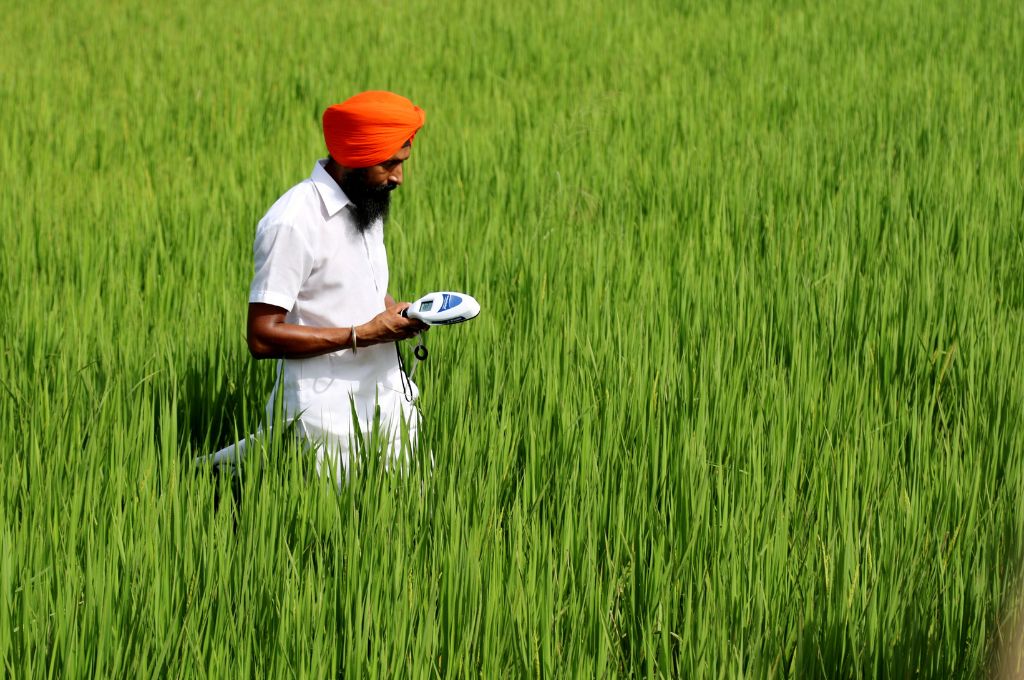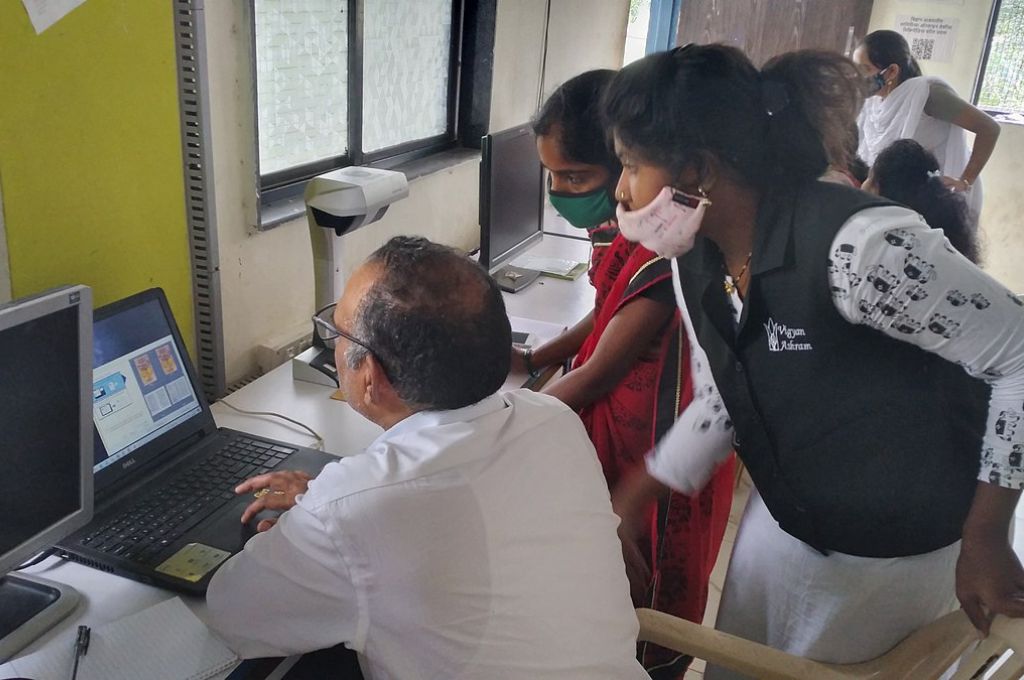Digital data and infrastructure have created new possibilities for nonprofits to serve their communities, and for individuals and institutions to give to civil society. It has allowed for new ways to use social networks, mobilise more people and serve them better.
But digital data–essentially anything that can be digitised: numbers, stories, text—comes with its own set of challenges, including governance issues, questions about the social contract, and the need to create new institutional capacities.
Hence, even as digital data is proving itself to be increasingly useful as a currency between different stakeholders, these exchanges have created new ties that bind the social sector in ways for which we are not fully prepared.
Why should we be paying attention to digital data?
Digital data is fundamentally different from what we are used to. Our decisions and actions are based on assumptions that things are analogue.
In the analogue world, data was like water. You could bottle it, contain it and manage it. If you opened the cap of the bottle, it would not spill out unless you upturned it. In the digital age, by contrast, data is like steam. It cannot be held together. Once the lid is opened, it takes a life of its own, travels quickly and you are unable to see where it has gone. There are no ‘bottles’ that can keep it contained. It cannot be controlled.
For instance, we think of email as a conversation between two people. But when two people are talking in person, there is a certain level of privacy as the rest of the world is unlikely to hear that conversation as it takes place. To mimic this simple private conversation between two people in the digital space would, however, require a high level of encryption and both parties would have to negotiate when they are going to destroy evidence. Which is not what usually happens.
[quote] Data is an economic resource today and the nature of digital data is creating new power structures across sectors.[/quote]
Data is an economic resource today and the nature of digital data is creating new power structures across sectors: government, business and civil society. There is a minuscule group of elite people around the globe who are able to retain the basic freedoms of association, expression and privacy on the Internet. The rest of us just don’t have it. We are dependent on the vagaries of digital data.
The global population has neither the institutional structure to make enforceable global policy nor a great deal of interest in doing it. Those who are leading the nations don’t have any interest either. It’s then up to civil society to take the lead.
The starting point is take the resources we have for digital impact to the people and help them solve their immediate problems. We aren’t going to get very far if we have to educate them from scratch. So, step one is to give people a language and tools that will enable them to figure out what the problems are by themselves. Such tools might include lightweight apps that help people understand where the digital data they generate is going, what companies and apps have access to it, and what they’re doing with it.

We need to give people a language and tools to identify the problems by themselves. Photo courtesy: Stefano Ravalli
Just as nonprofit organisations go through the process of coming up with HR policies, financial management practices and good governance, they have to be thinking about digital as well. Right now, most of them are either ignoring it or have outsourced it.
Related article: Are you asking the right questions when it comes to technology?
As a nonprofit leader, if you hear your M&E team and IT team talking about collecting a tonne of data as part of an evaluation and the IT person saying that the data can’t be stored in your offices, that’s the moment you should step in. As an organisation that’s a data moment where you want to ask how to think about data, what it is used for, who can access it, how many people ‘touch’ it and its implications on different stakeholders, including the community and the organisation itself.
When the American infrastructure for philanthropy was built in the 1960s, we didn’t know we would have to build it for data. Today, that infrastructure is crumbling; it’s not up to the task.
Countries like India stand a better chance because the philanthropic infrastructure is still being built here and, hence, the country has a chance to incorporate the concepts of data, digital rights and impact as you build it out. A 21st century infrastructure for philanthropy should include a full complement of expertise on digital policy and technology as well as charitable and corporate law.
What India does matters. Because it’s not only of the size of the country but what that impact means to the rest of the world as well. A case in point is the movement around net neutrality and Free Basics.
Most people in civil society are technophobes; they do not understand or care for technology. But there is a real risk that they will be left behind. What you need to manage your digital resources better is not technological—it’s behavioural, it’s human. Good technology helps, but it’s really about behaviour.
We, as part of society, have just been habituated to trust the device and use it do things in exchange for what feels like free access to all services online. It is no different in social organisations because we are part of that society.
But free flowing data, not bound by privacy, data protection and the awareness of what that knowledge can be used for, can actually make marginalised populations more vulnerable.
[quote] What you need to manage your digital resources better is not technological—it’s behavioural, it’s human.[/quote]
In the US, we have several organisations that collect data about their communities’ immigration status and keep this on Google docs—a format that is easily accessible by anyone. This can become really dangerous if the information is accessed by people with a motive.
It is, therefore, very important that nonprofits know what information to collect on the people they serve, where they store it and who has access to it and how. Even just this awareness is progress in our circles.

It is important that nonprofits know what information to collect, where they store it, who has access to it and why. Photo courtesy: Pixabay
Funders ask all for all kinds of data. They want to know who you serve at a very micro level, their names, their gender, locations, and so on. It’s not enough for them to have aggregate data; they want to know the details. But they don’t use that information; the nonprofit doesn’t use it either. And nobody can store it safely. Which means that if it falls into the wrong hands, communities are made vulnerable.
The larger implications on civil society
We think of civil society as a separate sphere from the markets and the government. But if you look at where the data is and how we communicate nowadays, you will see that civil society is actually contained within this digital infrastructure of phones, software and cell phone towers. In such a situation, can civil society be really independent?
We are going to neither build our own digital knowledge nor completely extract ourselves from the larger market and government systems. And it’s highly unlikely that those larger systems are going to change dramatically. So what form of independence is it going to be?
The role of civil society is to work on behalf of those who are not being served by the majority’s decisions.
The role of civil society, then, is to work on behalf of those who are not being served by the majority’s (whether government or business) decision, where they aren’t given an opportunity to exercise their rights. And that’s the role civil society plays: it provides the minority a voice.
It is our job to lobby for universal new laws about corporate data collection and storage. More importantly, it is our job to make people aware of the laws and ensure that the government is paying attention to them. This could go a long way toward shifting some of that balance. Because the worst-case scenario is that there is no independent civil society.




